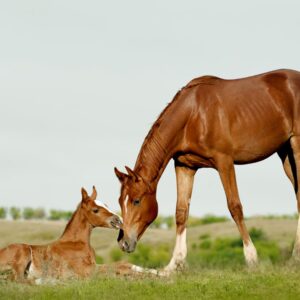 Lighting & Nutrition for Breeding Late Winter/Early Spring: Mares that are not pregnant at the end of the year should be getting careful attention in December and January to make certain that they are ready for the start of the breeding season.
Lighting & Nutrition for Breeding Late Winter/Early Spring: Mares that are not pregnant at the end of the year should be getting careful attention in December and January to make certain that they are ready for the start of the breeding season.
Horses in North America have a universal birthday January 1st. It may be desired in some cases to be breeding as early as possible while making certain that foals do not arrive in December.
The use of artificial lighting to help prepare mares for breeding is a fairly standard management tool. A common practice is to put mares under lights in early December. As a result, help get mares cycling by mid to late February.
Breeding Reccommendations:
Breeding earlier than mid-February is not recommended. A short gestation period might result in a December foal and a very young yearling!
There are multiple lighting systems, but all deliver 16 hours of combined artificial and natural light.
While you can use a light meter to measure illumination, a common rule of thumb is that you should be able to comfortably read a newspaper in any of the stall or paddock area when the lights are on. (Reading your backlit smartphone does not count!)
One caveat is that if you have mares that are due to foal very early, you may want to avoid putting them under lights as this has been reported to shorten gestation a few days. Again, you do not want yearlings that are only a few days old!
Body condition is also very important at this time of the year. If you have open mares that are below Body Condition Score 5, now is a good time to increase the plane of nutrition so that they are maintaining or gaining a slight bit of weight.
If they are over BCS 6, do NOT put them on a diet. A negative energy balance (losing weight) may interfere with normal estrus cycle.
Much of the country is having some unusually cold weather in late December 2017 and early January 2018.
Mares that are experiencing cold weather need to have access to unfrozen water, loose salt and adequate quality forage, supplemented with a balancer or grain product to maintain body condition.
Proper veterinarian examination, artificial lighting and good nutrition can set the stage for a successful early breeding season.
In conclusion, for more Lighting & Nutrition for Breeding Late Winter/Early Spring tips, visit Kissimmee Valley Feed. Check out our Horse Feed selection here.
Artificial Lighting: Preparing for Early Breeding, Bradford W. Daigneault, M.S. University of Illinois/U.S. Department of Agriculture/Local Extension Councils Cooperating, November 2012 is a good article on lighting for reference.
Article Source: Nutrena’s Horse Feed Blog
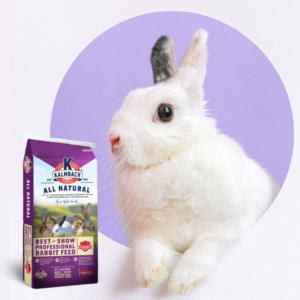 New Kalmbach Rabbit Feed: Store #2 welcomes Kalmbach Rabbit Feed to our shelves! We now carry four of their products.
New Kalmbach Rabbit Feed: Store #2 welcomes Kalmbach Rabbit Feed to our shelves! We now carry four of their products.




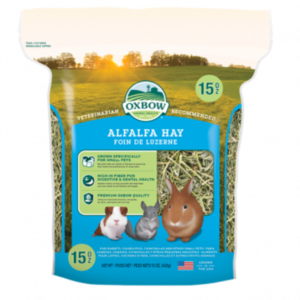 Head on over to
Head on over to  Lighting & Nutrition for Breeding Late Winter/Early Spring: Mares that are not pregnant at the end of the year should be getting careful attention in December and January to make certain that they are ready for the start of the breeding season.
Lighting & Nutrition for Breeding Late Winter/Early Spring: Mares that are not pregnant at the end of the year should be getting careful attention in December and January to make certain that they are ready for the start of the breeding season.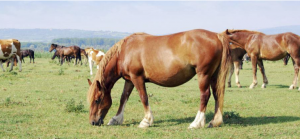 Omega-3 Fatty Acids Benefit Foaling Mares Before Rebreeding: When compared to cows, ewes, and sows, mares experience a short interval between birth and their next heat cycle. After foaling, the uterus undergoes involution. Involution is a process that reduces uterine size, repairs uterine tissues, and restores the uterine environment to a nonpregnant state. Supporting uterine involution is critical. The 11-month gestation of the mare often makes it difficult to maintain every-year foaling. Commercial breeders prefer every-year foaling. In a recent study, researchers set out to determine the effects of feeding docosahexaenoic acid (DHA), an omega-3 fatty acid, on uterine involution in the weeks after foaling.
Omega-3 Fatty Acids Benefit Foaling Mares Before Rebreeding: When compared to cows, ewes, and sows, mares experience a short interval between birth and their next heat cycle. After foaling, the uterus undergoes involution. Involution is a process that reduces uterine size, repairs uterine tissues, and restores the uterine environment to a nonpregnant state. Supporting uterine involution is critical. The 11-month gestation of the mare often makes it difficult to maintain every-year foaling. Commercial breeders prefer every-year foaling. In a recent study, researchers set out to determine the effects of feeding docosahexaenoic acid (DHA), an omega-3 fatty acid, on uterine involution in the weeks after foaling.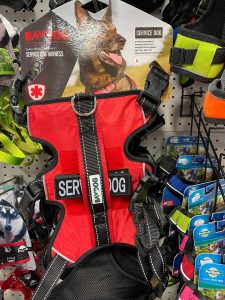 Store #2 now offers BAYDOG Service Dog Harnesses!
Store #2 now offers BAYDOG Service Dog Harnesses!